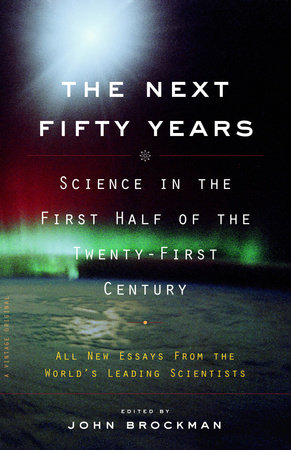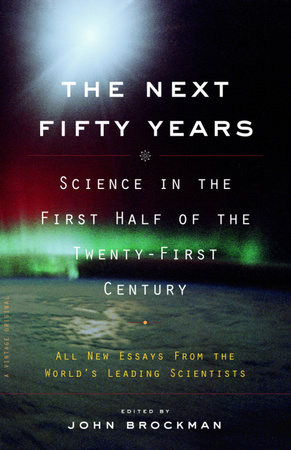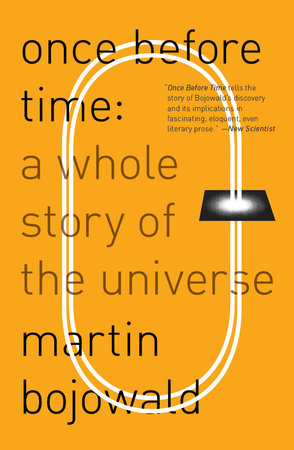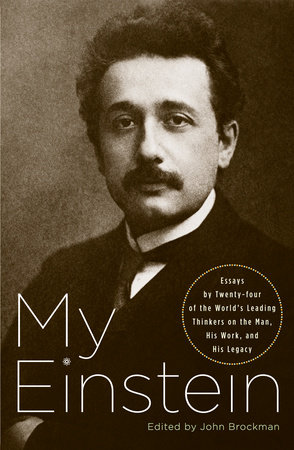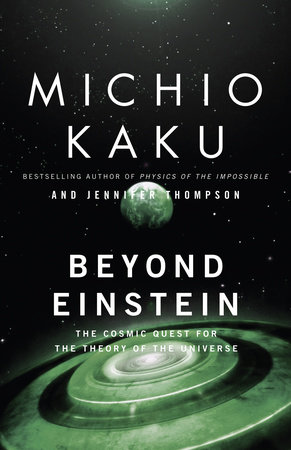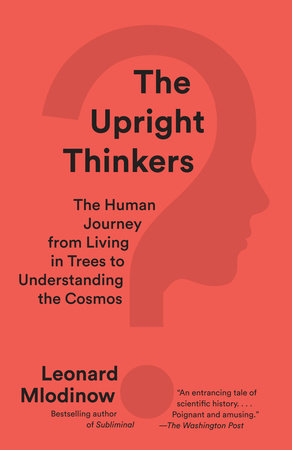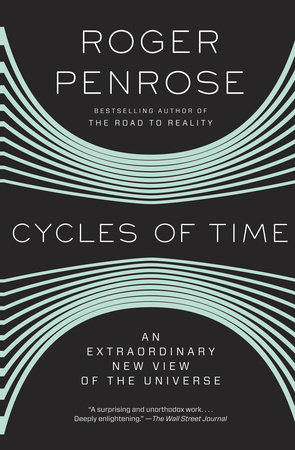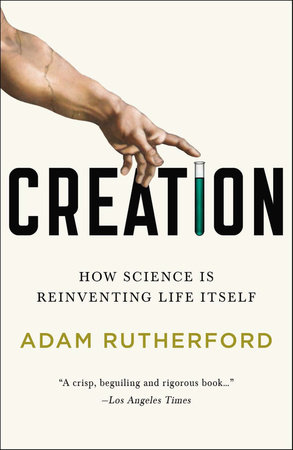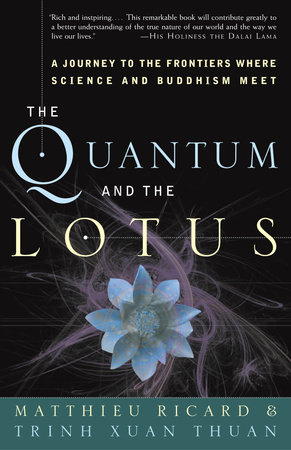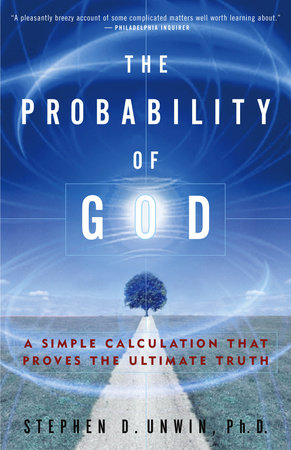A brilliant ensemble of the world’s most visionary scientists provides twenty-five original never-before-published essays about the advances in science and technology that we may see within our lifetimes.
Theoretical physicist and bestselling author Paul Davies examines the likelihood that by the year 2050 we will be able to establish a continuing human presence on Mars. Psychologist Mihaly Csikszentmihalyi investigates the ramifications of engineering high-IQ, geneticially happy babies. Psychiatrist Nancy Etcoff explains current research into the creation of emotion-sensing jewelry that could gauge our moods and tell us when to take an anti-depressant pill. And evolutionary biologist Richard Dawkins explores the probability that we will soon be able to obtain a genome printout that predicts our natural end for the same cost as a chest x-ray. (Will we want to read it? And will insurance companies and governments have access to it?) This fascinating and unprecedented book explores not only the practical possibilities of the near future, but also the social and political ramifications of the developments of the strange new world to come.
Also includes original essays by:
Lee Smolin
Martin Rees
Ian Stewart
Brian Goodwin
Marc D. Hauser
Alison Gopnik
Paul Bloom
Geoffrey Miller
Robert M. Sapolsky
Steven Strogatz
Stuart Kauffman
John H. Holland
Rodney Brooks
Peter Atkins
Roger C. Schank
Jaron Lanier
David Gelernter
Joseph LeDoux
Judith Rich Harris
Samuel Barondes
Paul W. Ewald
